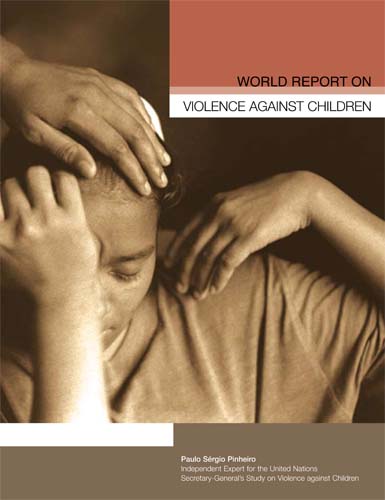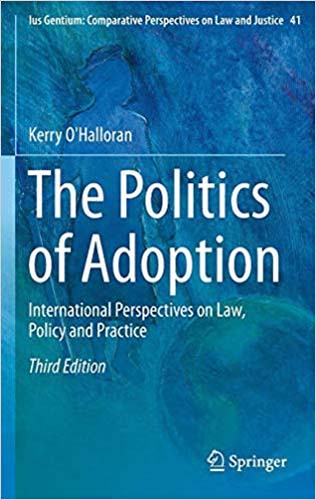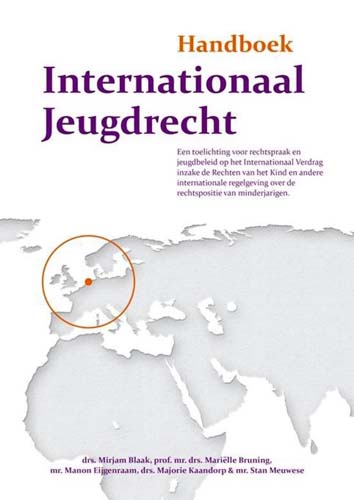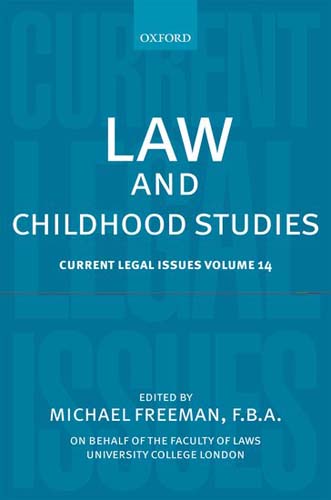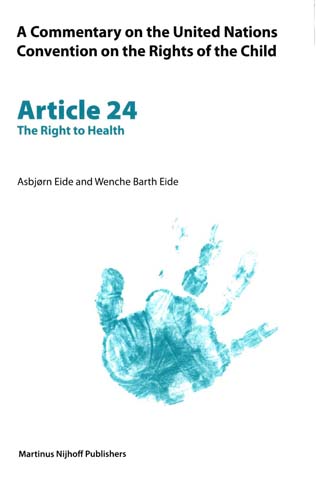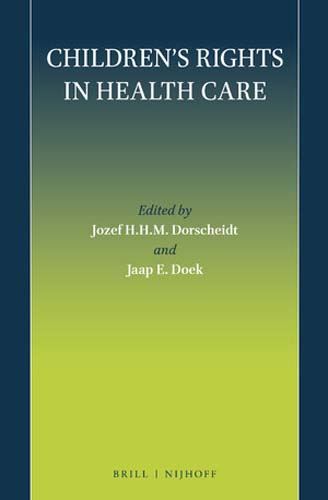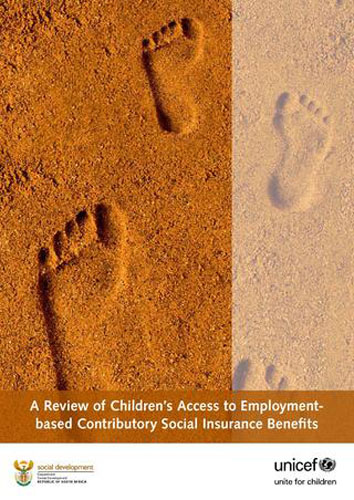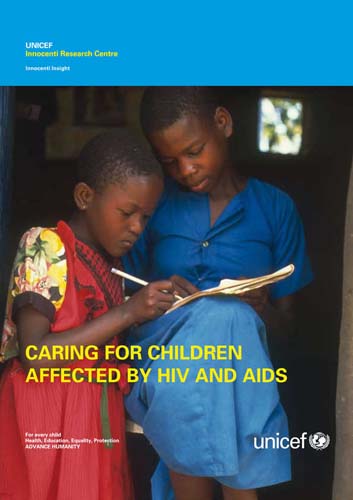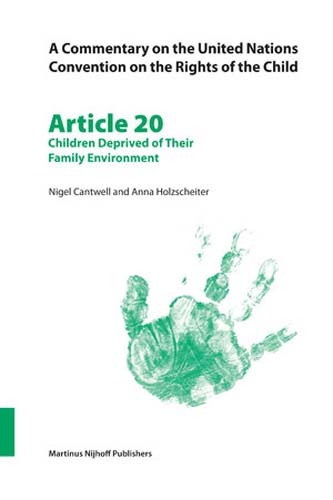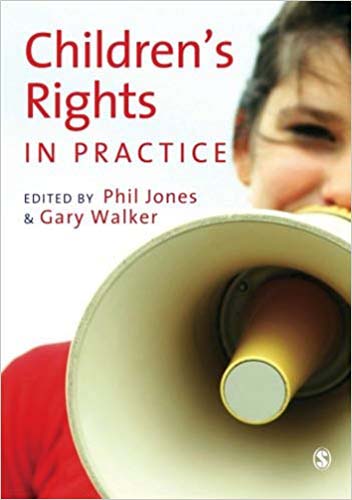
Children’s Rights in Practice
Considering the rights of the child is now central to all fields involving children and to good multi-agency working. This book offers an explanation of the theoretical issues and the key policy developments that are crucial to all professions, and helps the reader to understand children’s rights in relation to their role in working with children and young people. Looking at education, health, social care and welfare, it bridges the gap between policy and practice for children from Birth to 19 years.
Chapters cover:
– the child’s right to play
– youth justice and children’s rights
– the voice of the child
– ethical dilemmas in different contexts
– involvement, participation and decision making
– safeguarding and child protection
– social justice and exclusion
This book helps the reader understand what constitutes good practice, whilst considering the advantages and tensions involved in working across disciplines to implement children’s rights against a complex legislative and social policy backdrop.
Essential reading for undergraduate and graduate students on Early Years, Early Childhood Studies, Childhood and Youth, Education, Law, Social Work, Play and Psychology courses, it is relevant to professionals working across education, health and social work.
© SAGE Publications


